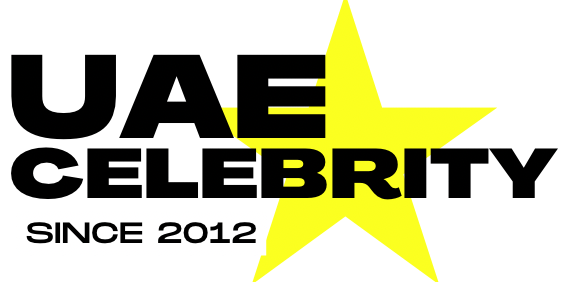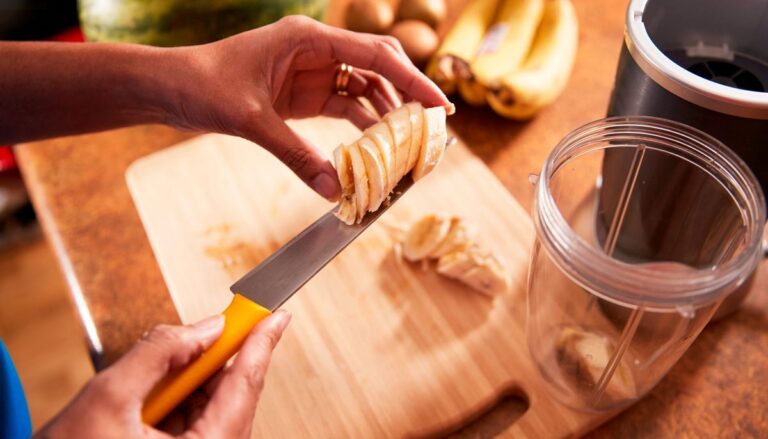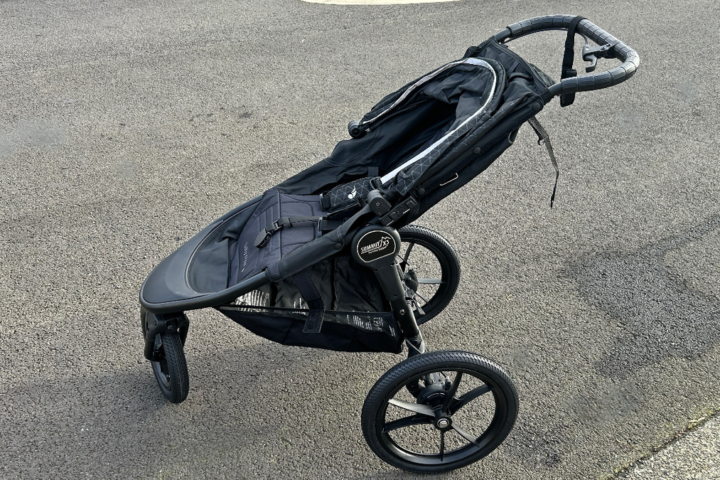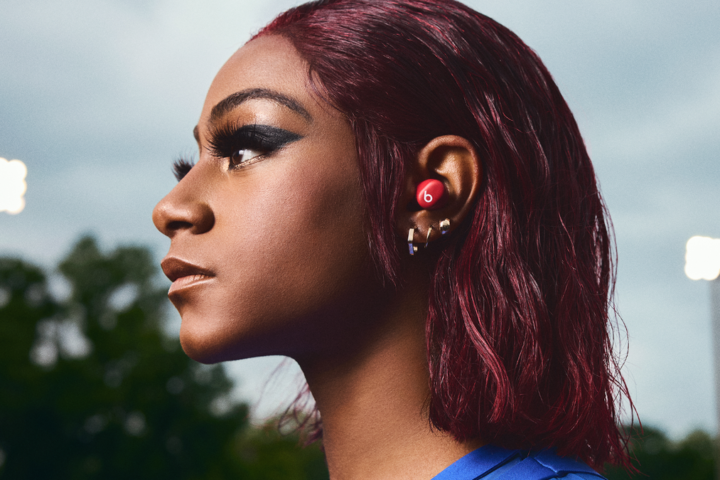Most of us have no problem devoting time to thinking about what we’re going to eat after a run: it’s pretty much the only thing we do think about during those latter stages. However, considering what to eat before a run is arguably more important because getting fueling right is key to a successful run.
You can use sports supplements, such as the best running gels, energy bars and sports drinks to fuel before and during a run and these can be convenient options for long runs and hard workouts, but for most runs you can get what you need from your regular diet if you do some planning.
For expert advice on what to eat before a run, I spoke to Dr Samuel Impey, chief scientific officer and co-founder of Hexis, an app that creates personalized nutrition plans for sportspeople.
Dr Samuel Impey is the co-founder and chief scientific officer at Hexis, an app that creates personalized nutrition plans to help support your training. Impey has a PhD in human nutrition from Liverpool John Moores University and prior to founding Hexis was the lead nutritionist at British Cycling.
What does your body need to fuel a run?
Most of our runs are fueled by carbohydrates. Even at low intensity—in zone two [for heart rate]—you’re still going to be meeting about 50% of your energy requirements from carbohydrate and 50% from fat. As the intensity goes up the contribution of carbohydrate to energy production goes up significantly. When you hit threshold pace, that’s where you become fueled almost exclusively by carbohydrates.
This holds true from short distances all the way through to marathons. The longer you run, eventually, the contribution of fat begins to increase as well, but the bulk of our energy for running comes from our body store of carbohydrates. Carbohydrates are stored predominantly in the liver and in the muscle as glycogen. The average human has about 100g of carbohydrates stored as glycogen in the liver. Then it depends on how big they are and how much muscle mass they have, but anywhere between 400g and 600g of carbohydrate is stored as glycogen in the muscles.
You need to eat carbohydrates to fuel a run, but not fat?
Correct. Even the leanest individual will have enough fat in their body to release thousands and thousands of calories of energy if required. From a digestion perspective, often from a gut comfort perspective, as well as from a fueling perspective, the best way is to fuel with carbohydrates.
What are the best foods to eat before a run?
Any good sources of carbohydrates. That could be breakfast cereals or porridge. If it’s later in the day, it could be pasta, rice, potatoes. Eaten as part of a balanced meal with a bit of protein and some fruit or vegetables.
Specifically, what that actually is, is probably down to each individual. What the best pre-run snack or meal for you could be different to what’s best for me. I think everybody should try to find what their body responds well to.
An example would be something like a banana smoothie. A couple of bananas with honey, a little bit of yogurt and some milk blended up. For somebody else, it could be a bowl of porridge. It’s individual. As long as there’s some carbohydrates there, you’re off to the races.
How long before a run should you eat?
The rule of thumb is two hours, but the different types of foods will have different rates of digestion and some will keep you feeling fuller for longer. If you are having porridge, for example, you probably want to have that 2-2.5 hours, maybe even three hours before your run. If you’re having something that digests much quicker, like a smoothie, you could probably have that an hour and a half to two hours before.
Are sports supplements absorbed more quickly?
You could have a sports food source of carbohydrates as close as 15 minutes before your run. It depends on how much you have. I’d say try and have it at least 30 minutes beforehand. Just to make sure there’s enough time for the carbohydrate and that glucose to get into your body. Carbohydrate drinks and gels are absorbed slightly quicker than carbohydrate chews or bakes. There isn’t a huge amount of difference, but for the most part the drinks and gels are absorbed quicker.
What foods should you avoid before a run?
Very high fat foods aren’t going to help you run, predominantly because of the effect on the gastrointestinal tract. Lots of fat slows down the rate of digestion and often correlates with a lack of gut comfort when going for a run. I’d avoid meals that are very high in fat, unless, of course, you’re on a keto diet, in which case there’s not much you can do about that.
Avoid massive amounts of fiber. Try to get a mixture of sources of carbohydrates that aren’t hugely fibrous. Broccoli and celery and carrots, for example, have carbohydrates, but to get a meaningful amount you’d have to eat a lot.
Having some boiled white potatoes instead, for example, is an easier way to get a meaningful amount of carbs without having that additional volume and fiber. That helps, from a gut comfort perspective.
Should you do fasted runs?
That depends on what you’re trying to do. A lot of people use fasted training because it’s practical. It fits around their job and their day. Personally, I don’t have any problem with it as long as you’re meeting your energy requirements throughout the day.
Low energy availability can increase the risk in men of reduced testosterone production and reduced sex hormone cycling in females, which can have detrimental effects on bone health.
I wouldn’t do long duration runs on an empty stomach because of the risk of [reduced] training quality. Runners who are more experienced could probably go for longer durations because they’re able to balance the energy requirements better.
For people who have less training history, I would stick to shorter fasted runs.
Should you eat more before certain types of run?
If you’re training for a marathon you don’t go out and do the same run every day. You do some faster, some slower, some longer, some shorter, because that improves your fitness. What we see with a lot of people is that despite the fact they’re doing different training day to day, they still eat the same amount or the same foods every day.
For long duration runs, it’s really good to fuel up beforehand with a good amount of carbohydrates, and take on some fuel during it as well. If you’re running for more than 60 minutes we’d advise you to take on carbohydrates before—and take some carbohydrates with you. That can be from gels, drinks, sports foods or, if you’re OK with eating whole foods, flapjacks, rice cakes.
For shorter, higher-intensity runs, you don’t need to eat more, but aim to increase the percentage of carbohydrate-based foods on your plate. If a plate on a normal day is a third carbohydrate, a third protein and a third fruit and vegetables, shift that plate to maybe half carbohydrate and then a quarter protein and a quarter vegetables—so you’re eating the same amount of calories, but the proportion that’s coming from carbs is greater.
It’s about matching requirements. If you have a recovery run, or a shorter distance run, you don’t need to fuel specifically for those. Just eating some food is going to be a good thing before that, and that’s covered in most people’s day-to-day diet.








